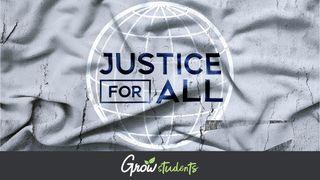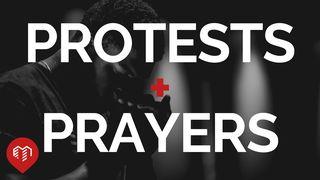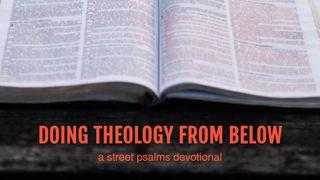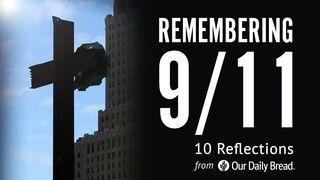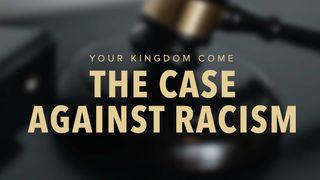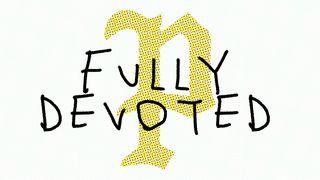Faith & Prejudice | Restoring OnenessSample
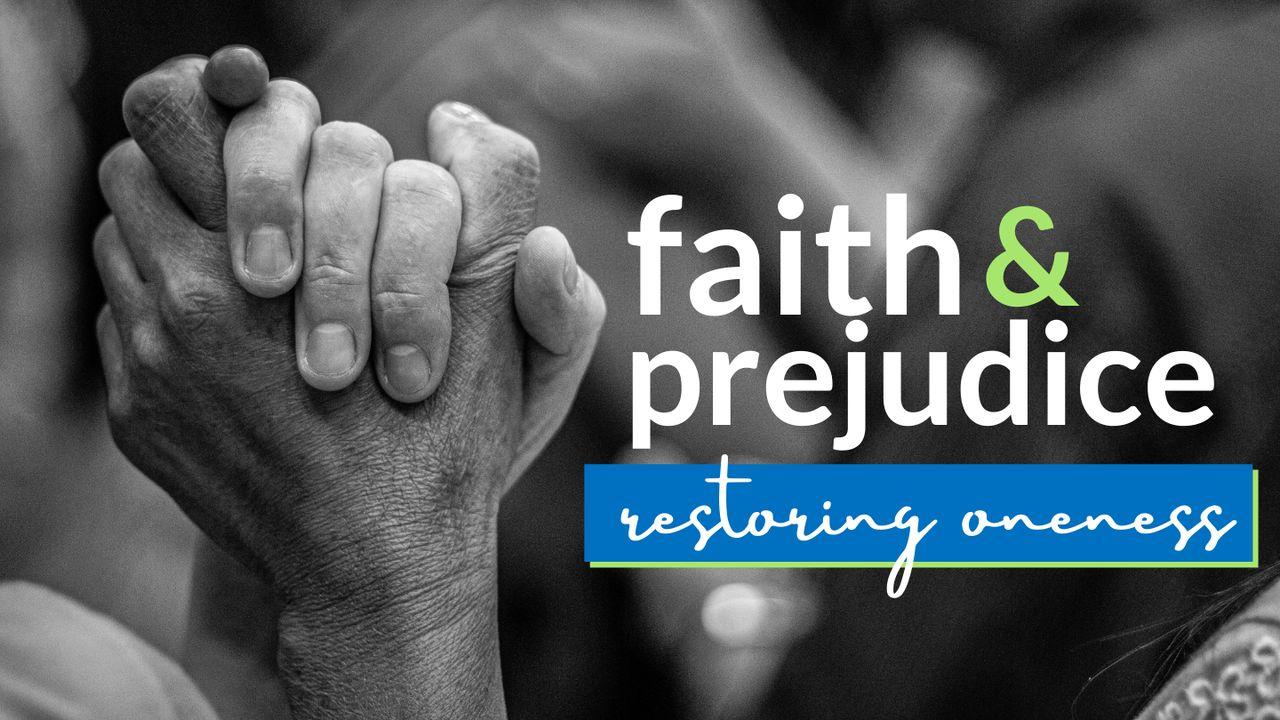
In his now iconic Letter from Birmingham Jail, Dr. Martin Luther King, Jr. wrote:
“I came to Birmingham with the hope that the white religious leadership of this community would see the justice of our cause, and with deep moral concern, serve as the channel through which our just grievances would get to the power structure. I had hoped that each of you would understand. But again I have been disappointed. I have heard numerous religious leaders of the South call upon their worshippers to comply with a desegregation decision because it is the law, but I have longed to hear white ministers say, 'Follow this decree because integration is morally right and the Negro is your brother.' In the midst of blatant injustices inflicted upon the Negro, I have watched white churches stand on the sideline and merely mouth pious irrelevancies and sanctimonious trivialities. In the midst of a mighty struggle to rid our nation of racial and economic injustice, I have heard so many ministers say, 'Those are social issues with which the gospel has no real concern.'"
Despite what some would want us to believe, the gospel is entirely concerned with social issues because social issues are human issues and humans are the image-bearers God created to demonstrate his love, mercy and truth in the earth. How we relate to one another on the individual and societal level reflects the condition of our relationship with God. This is why our scripture for today's devotional time makes it plain what God requires of us:
- Act Justly: The word "act" means "to do something." Far too many people have been "saying something" and even "arguing something" but few are being led to "do" something. The word "just" means "based on or behaving according to what is morally right and fair." As Christians, our standard for what is morally right or fair is determined by the Word of God. It is unchanging. We should never look to politicians or popular culture to determine what is morally right and fair because politicians base morality on what will win them power and popular culture bases morality on what is popular (not necessarily right).
- Love Mercy: Many seem to think love is a warm and fuzzy feeling you get when you like something a lot; but the Bible teaches us that love is sacrificial. John 3:16 tells us that God so loved the world that he... gave. Christians are called to a love that is sacrificial in how it gives and serves others. The idea of mercy seems foreign to many Christians today because we only seem to extend mercy to the innocent; those who "didn't deserve" their hurt or pain. Yet mercy is what we extend when someone does deserve their hurt or pain, but we love them anyway.
- Walk Humbly: Here again we find the call to be active. To "walk" is to move; to change location. God calls for us to be in a state of change that is defined by humility. But what is humility? Humility is preferring and esteeming others ahead of ourselves and our own interests. To walk humbly means that we are making continual advancement in helping others where they cannot help themselves.
In what ways do you need to act justly, love mercy and walk humbly before the Lord concerning your fellow image-bearers who are nursing the wounds of racial injustice and insensitivity?
Scripture
About this Plan

Hearts were ripped open after watching George Floyd's murder in 2020; but how could such a thing happen repeatedly over centuries and what is the Christian response to it? This devotional is designed to offer a theological framework for the practical steps needed to right the wrongs of racial injustice in America.
More
We would like to thank Nona Jones for providing this plan. For more information, please visit: https://www.faithandprejudice.com/

